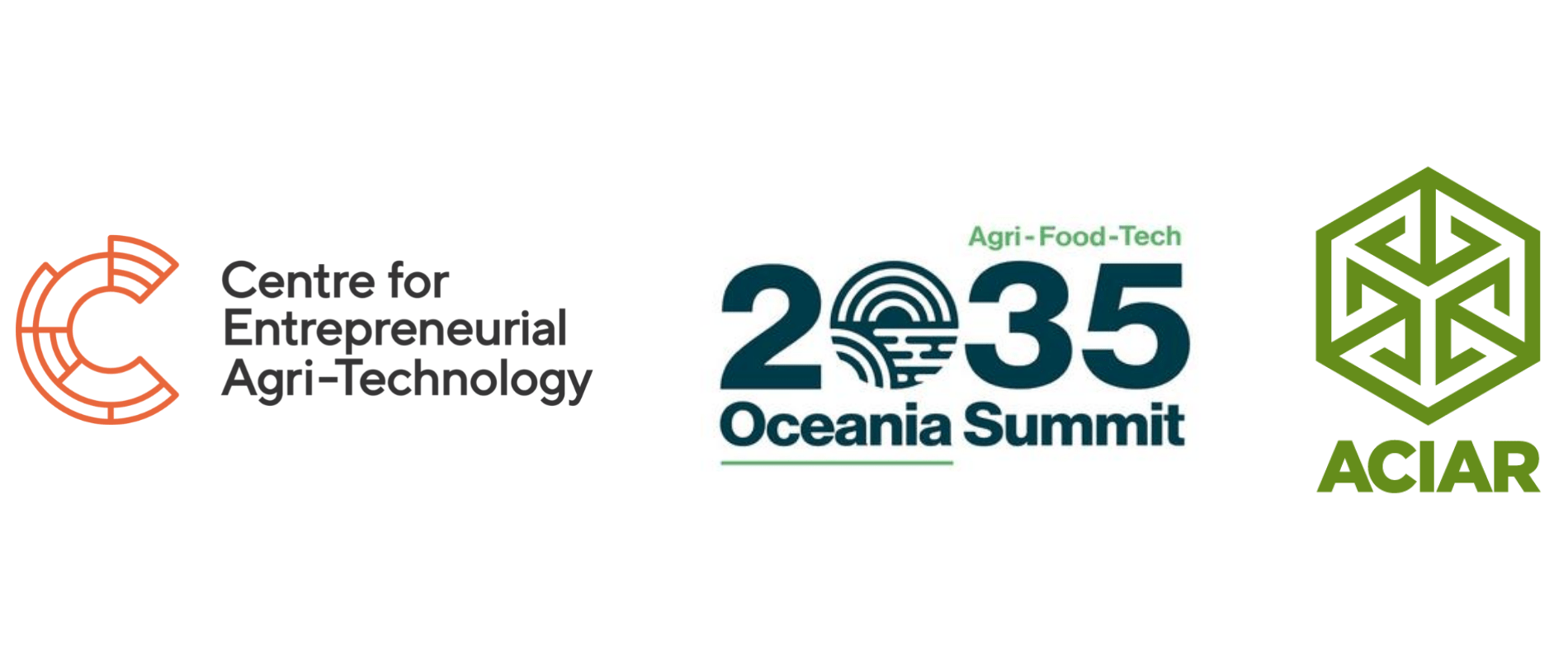By Alex Maier.
Agri-tech innovation is critical to reaching global targets for net zero carbon by 2050, according to experts speaking at the Canberra pre-2035 Oceania Summit workshop last week.
The significant contribution agriculture and the agri-food supply chain make to our region’s greenhouse gas emissions will be the subject of the 2035 Agri-Food-Tech Oceania Summit (2035 Summit) to be held in Auckland later this year. As part of the lead up, CEAT partnered with the Summit convenors and the Australian Centre for International Agricultural Research (ACIAR) to run the first of three Australian pre-Summit workshops at the ANU on 27 April.
The workshop featured presentations from New Zealand Climate Change Commissioner Dr Andy Reisinger, as well as Dr Steven Crimp and Professor Mark Howden from the ANU’s Institute for Climate, Energy & Disaster Solutions.
Dr Reisinger was the first speaker and said average annual greenhouse gas (GHG) emissions are at the highest levels in human history. He said the share of energy, industrial process and waste emissions occurring as part of the food system has grown from approximately 28 per cent in 1990 to approximately 38 per cent in 2018.
Dr Crimp and Professor Howden spoke about market-led initiatives to reduce and offset GHG emissions in response to growing consumer demand for environmentally sustainable food products.
Dr Crimp used the example of a carbon offsets scheme being established in Pacific countries with the support of the Australian Government. The scheme will include a component of voluntary carbon offsets which is expected to create benefits from differentiated products and production improvements, leading to products like “zero carbon coffee”.
Professor Howden detailed a number of different ways food producers and manufacturers were offering consumers more environmentally sustainable choices, including:
- labelling products according to their GHG emissions enabling consumers to select a product which is of a similar quality to others in the same category, but with a much lower GHG footprint; and,
- offering new products for existing markets – for example meat alternatives which provide a similar experience and nutritional profile, but with a much lower GHG footprint.
As well as the presentations, the event featured three lively discussion panels on research, industry and policy perspectives of the food security challenges brought about by climate change. They explored the work being done to reduce GHGs across agricultural industries and the challenges and opportunities facing the agri-food sector in adapting to a changing climate.
Professor Howden’s presentation can be viewed here. A video of the event in its entirety will be available soon and shared on CEAT’s social media channels.
The next pre-Summit workshop will be held in Adelaide on 3 May, followed by a third and final workshop in Sydney on 10 May.
The 2035 Summit will be held in Auckland on 10-11 October 2022. For more information and to register to attend go to https://www.2035.ag
